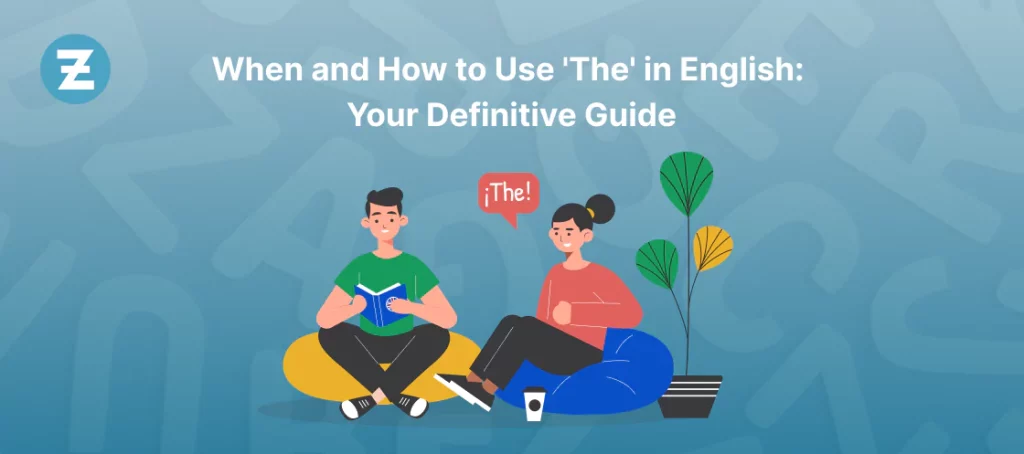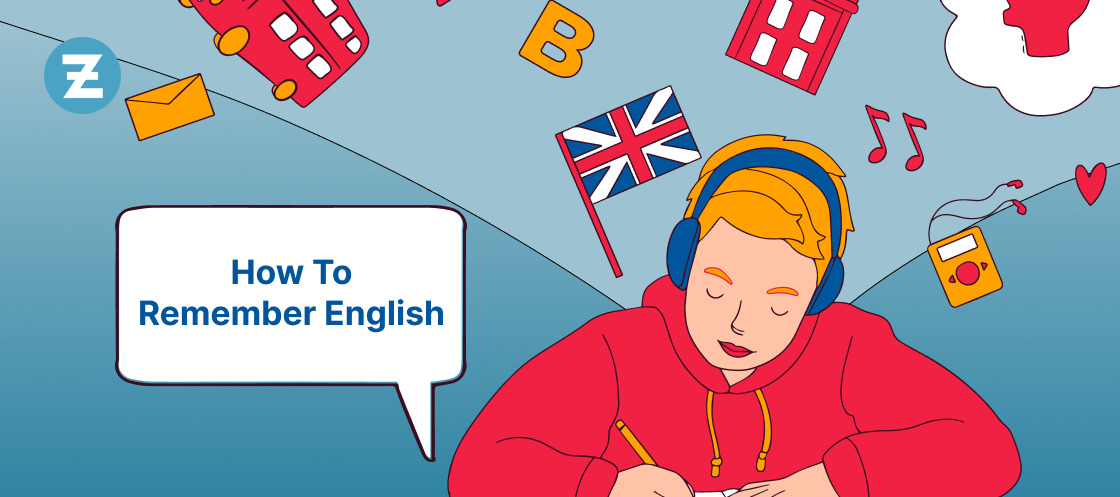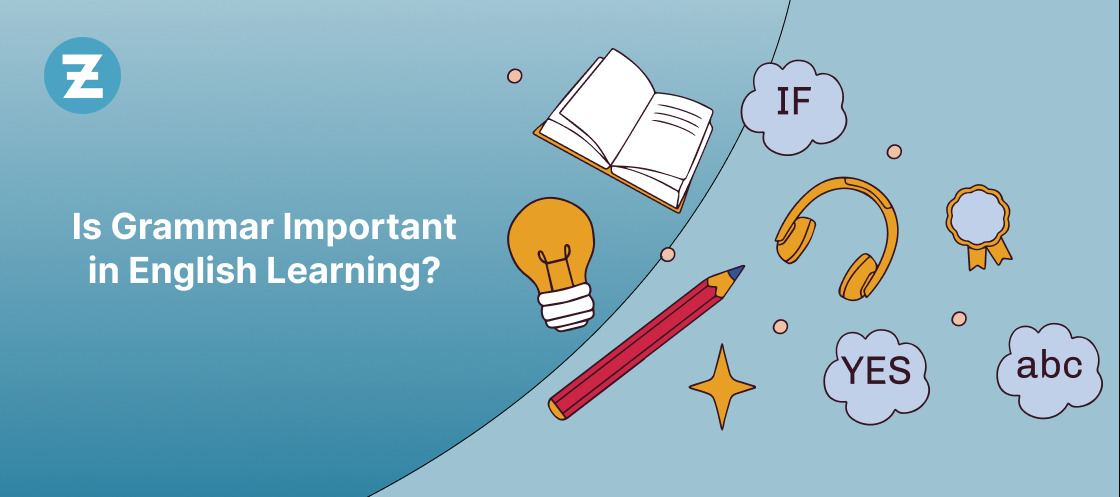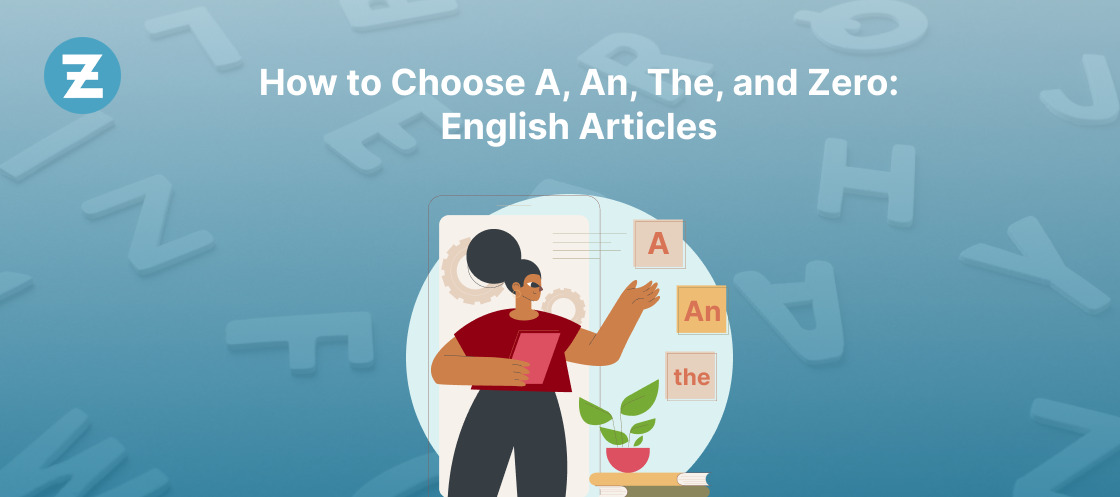In the intricate dance of the English language, articles are the unsung heroes, and among them, ‘the’ takes center stage as the definitive article. Understanding when and how to deploy ‘the’ is not just a matter of grammar; it’s an art that adds nuance and precision to your expression.
Defining ‘The’ as the Definite Article
‘The’ is not just any article; it’s the definite article. It signals that the noun it precedes is specific, either known to the audience or introduced earlier in the conversation. This specificity is the key to effective communication.
Differentiating ‘The’ from ‘A’ and ‘An’
While ‘a’ and ‘an’ usher in non-specificity, ‘the’ zeroes in on a particular entity. It’s not just any mountain; it’s ‘the’ mountain that captures attention. Recognizing this distinction enhances your command of the language.
| Word up! Ready to master English? Download now! |
Read also: Score Big with Our A-Z Sports English Vocabulary Glossary
Specific vs. General: Basic Rules for Using ‘The’
Understanding when to use ‘the’ revolves around the specificity of the noun. If it’s a specific entity, either through shared knowledge or previous mention, ‘the’ steps in to crystallize that specificity. In contrast, general nouns might not require such definite tagging.
Example 1: “I saw a cat.” (non-specific)
Example 2: “I saw the cat that always sits on the windowsill.” (specific)
Navigating Noun Knowledge: Countable and Uncountable Nouns
The nature of the noun influences ‘its’ usage. Countable nouns may or may not need ‘the,’ depending on specificity. Uncountable nouns often go hand in hand with ‘the’ to denote a specific portion or quality.
Example 1: “I bought a book.” (non-specific)
Example 2: “I bought the book you recommended.” (specific)
Singular and Plural Nouns: Adapting ‘The’ to Numerical Identity
Whether a noun stands alone or joins a group, ‘the’ adjusts accordingly. Singular or plural, it harmonizes with the numerical identity of the noun, reflecting grammatical precision.
Example 1: “I visited a museum.” (non-specific)
Example 2: “I visited the museums in Paris.” (specific)
Intricacies of Place: Geographical Locations and ‘The’
Geographical locations, from majestic mountains to flowing rivers, often demand the company of ‘the.’ It’s not just any river; it’s ‘the’ river, adding a layer of individuality and significance.
Example 1: “I crossed a river.” (non-specific)
Example 2: “I crossed the Amazon River.” (specific)
Buildings and Institutions: Adding Distinction with ‘The’
Specific buildings and institutions become entities deserving of ‘the.’ It’s not merely a school; it’s ‘the’ school that has left a mark on your academic journey.
Example 1: “I work at a university.” (non-specific)
Example 2: “I work at the University of Oxford.” (specific)
Temporal Twists: Defining Moments and ‘The’
Defining moments, whether in history or personal narratives, gain linguistic structure with ‘the.’ It’s not just any moment; it’s ‘the’ moment that shapes the narrative.
Example 1: “I experienced joy.” (non-specific)
Example 2: “I experienced the joy of seeing my child’s first steps.” (specific)
Days, Months, and Time Phrases: Marking Significance with ‘The’
Days of the week, months, and specific time phrases are not mere markers of time; they become events graced by ‘the,’ indicating their importance in the chronological tapestry.
Example 1: “I’ll meet you on Monday.” (specific)
Example 2: “I’ll meet you on a sunny day.” (non-specific)
Artistic License: Titles and ‘The’
Titles, whether of books, movies, or artworks, are linguistic canvases where ‘the’ imparts a unique touch. It’s not just any title; it’s ‘the’ title that captures the essence.
Example 1: “I read a book.” (non-specific)
Example 2: “I read the book ‘To Kill a Mockingbird’.” (specific)
Naming Conventions and Articles: Crafting Identity with ‘The’
Beyond titles, even the act of naming involves a dance with articles. Understanding the conventions ensures that your articulation aligns with grammatical norms.
Example 1: “I live on a street.” (non-specific)
Example 2: “I live on the street named after a famous scientist.” (specific)
Abbreviations and Acronyms: Compact Precision with ‘The’
Even in the realm of abbreviations and acronyms, ‘the’ finds its place strategically. The placement of ‘the’ in these compact forms demands a nuanced approach.
Example 1: “I work for an NGO.” (non-specific)
Example 2: “I work for an NGO dedicated to environmental conservation.” (specific)
Superlatives: Adding Emphasis with ‘The’
‘The’ makes superlatives, which are already the most important words of comparison, sound even grander. This kind of fine employment guarantees the originality and clarity of your expressions.
Example 1: “She has been the fastest runner.” (specific)
Example 2: “She is a fast runner.” (non-specific)
Seeking specificity in communication
Among the numerous techniques of language, one that emerges is the use of ‘the’ to create emphasis. When seeking to highlight exactness, ‘the’ gives your sentences an extra dimension.
Example 1: “Bring me a book.” (non-specific)
Example 2: “Bring me the book on the top shelf.” (specific)
Crafting Impactful Sentences with Precision
Artistic skill is involved in the use of words because impactful sentences are made by a tool called ‘the’. This tone is then shaped by every article as if it’s intended for a specific reason.
Example 1: “He wrote a letter.” (non-specific)
Example 2: “He wrote the letter that changed everything.” (specific)
Common Mistakes: Overusing or Underusing ‘The’
Mastery demands balance, and ‘the’ is no exception. Overusing or underusing it can introduce ambiguity or rigidity into expression. Recognizing these pitfalls is crucial for linguistic equilibrium.
Ambiguity in Article Placement
Clarity is the essence of effective communication, and ambiguity stemming from improper article placement can shroud the meaning of the message. Awareness is the antidote to this linguistic haziness.
Practical Exercises for Mastery
Mastery is a journey, not a destination. Engaging in activities designed for article practice, from sentence construction to real-world examples, is the crucible where understanding transforms into proficiency.
Exercise 1: Construct sentences with ‘the’ to specify various nouns.
Exercise 2: Analyze articles in news articles or literature to understand contextual usage.
| Easy Peasy English Learning – Download Zoundslike App Now! |
Reinforcing Understanding Through Examples
Examples are guiding stars in the linguistic night sky. Real-world instances, when dissected through the lens of ‘the,’ reinforce understanding, solidifying the mastery of this nuanced article.
Example 1: Analyze news headlines to identify the strategic use of ‘the’ for emphasis.
Example 2: Explore literature to see how authors use ‘the’ to create a sense of specificity.
Dialectal Differences in Article Usage
English, as a global language, boasts diverse dialects, each with its own nuances. Acknowledging these variations is an ode to linguistic diversity, enriching your language palette.
Example 1: British English may use ‘the’ differently than American English in certain contexts.
Example 2: Explore regional literature to understand how ‘the’ is employed in different English dialects.
Read also: Mastering Tech English Pronunciation: Your Gateway to Professional Success
Recognizing Variances in Global English
The global stage of English introduces variations in article usage. Understanding and recognizing these variances not only broadens your linguistic horizons but also fosters a more inclusive and adaptable form of communication.
Example 1: Explore English literature from different regions to observe unique uses of ‘the’.
Example 2: Engage in conversations with speakers of different English dialects to appreciate diverse linguistic expressions.
Conclusion
In the rich tapestry of language, ‘the’ stands as a maestro, orchestrating the notes of expression with meticulous precision and finesse. This definitive guide extends an invitation not only to grasp the nuances of when and how to use ‘the’ but to welcome it as a steadfast companion in your linguistic journey. As you traverse the nuanced terrain of article usage, envision ‘the’ as your ally, transforming your words into a captivating dance of specificity and impact.
For a deeper dive into language mastery, explore resources like ZoundsLike, a language-learning app that harmonizes seamlessly with your linguistic aspirations. Embark on this odyssey, and don’t forget to enhance your journey—download the app today.








